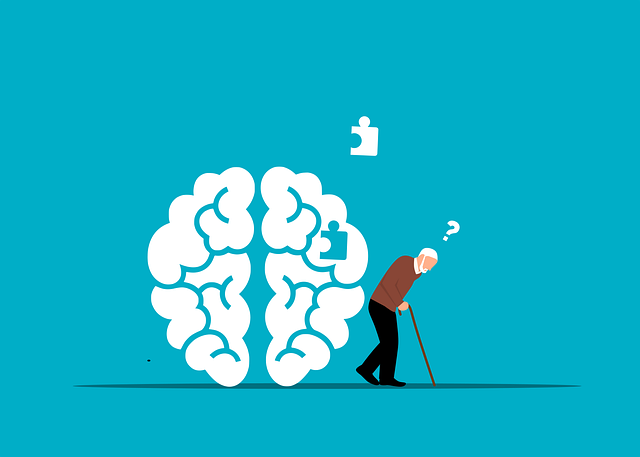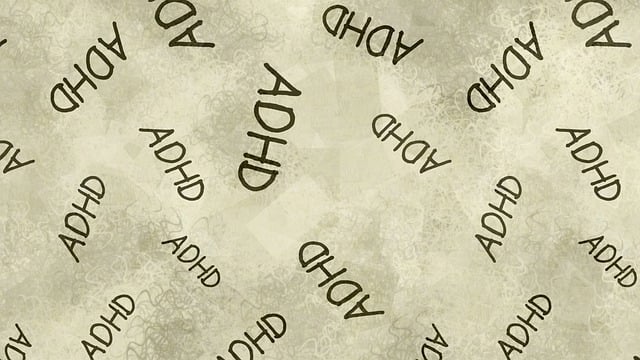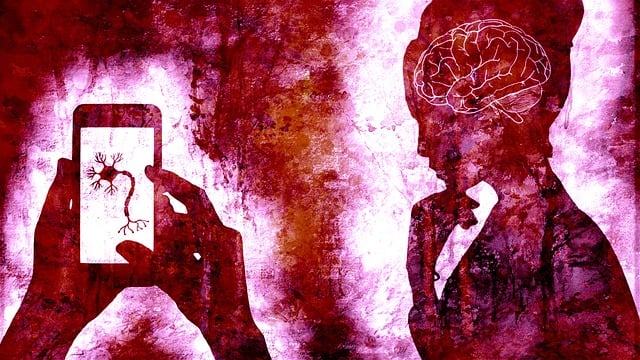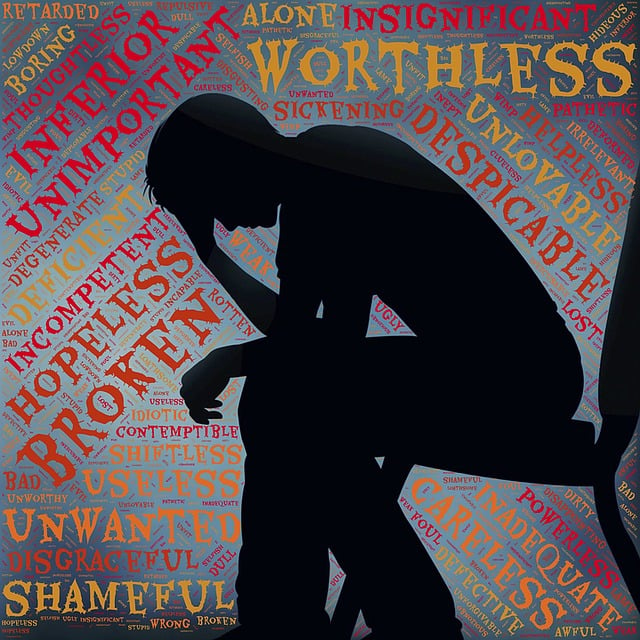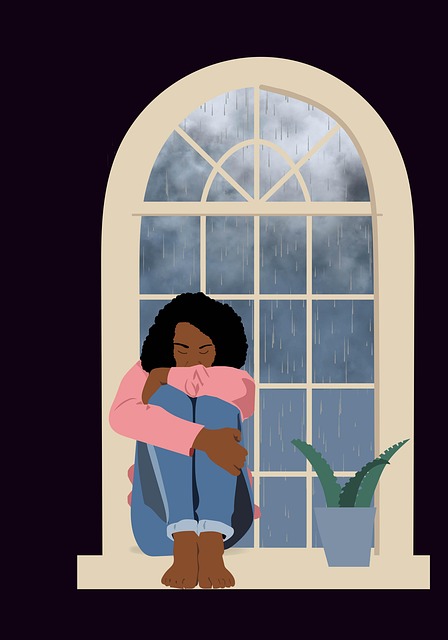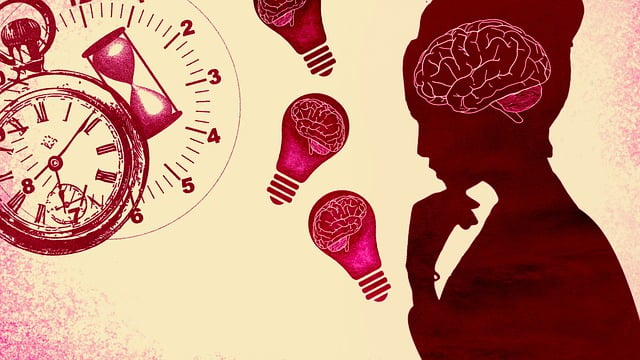The text highlights the detrimental impact of stigma on mental health, especially for vulnerable children. It emphasizes how negative perceptions lead to discrimination, preventing individuals from seeking help. To combat this, it advocates for a community-driven approach, focusing on education, open dialogue, and resource sharing. Aurora Children Therapy is featured as a pioneer in this field, offering play therapy and art sessions to normalize mental health discussions. Their inclusive practice, incorporating cultural sensitivity, has been instrumental in reducing stigma through workshops, support groups, and community events, ultimately improving mental well-being outcomes.
Mental illness stigma remains a significant barrier to optimal mental health. This article explores efforts aimed at reducing this societal burden, focusing on its profound impact on individuals and communities. We delve into the root causes of stigma and present innovative approaches like Aurora Children Therapy, which uses creative methods to foster understanding and empathy. Additionally, we offer practical strategies for effective stigma reduction initiatives within communities, emphasizing collective responsibility in creating a more inclusive and supportive environment for those facing mental health challenges.
- Understanding Stigma and its Impact on Mental Health
- Aurora Children Therapy: A Creative Approach to Stigma Reduction
- Strategies for Effective Stigma Reduction in the Community
Understanding Stigma and its Impact on Mental Health

Stigma surrounding mental illness can have profound effects on an individual’s emotional well-being and overall recovery process. It often manifests as negative perceptions and stereotypes, leading to discrimination and social isolation. This internalized shame and fear of judgment can deter people from seeking the support they need, such as therapy services provided by Aurora Children Therapy. The impact is particularly severe for vulnerable populations like children, where stigma might prevent them from expressing their struggles openly.
Reducing stigma requires a collective effort to educate society about mental health. It involves promoting understanding through open conversations, sharing resources on emotional well-being promotion techniques, and fostering resilience building activities that challenge societal norms. By implementing Mind Over Matter principles, we can create an environment where individuals with mental illness feel supported, understood, and empowered to take control of their mental health journey.
Aurora Children Therapy: A Creative Approach to Stigma Reduction

Aurora Children Therapy takes a unique and creative approach to mental illness stigma reduction, focusing on early interventions and empathy-building strategies within schools and communities. By integrating play therapy and art sessions, this program aims to normalize conversations about mental health and foster an environment of understanding and support for children struggling with various challenges. The therapy sessions not only help kids express their feelings but also teach them coping mechanisms, promoting self-care at a young age.
Through Cultural Sensitivity in Mental Healthcare Practice, Aurora Children Therapy ensures that its methods are inclusive and respectful of diverse backgrounds. This sensitivity is integral to breaking down barriers and reducing stigma, as it acknowledges the impact of cultural beliefs on mental health perceptions. Additionally, the organization often collaborates with local communities to host Stress Management Workshops, empowering both children and their caregivers with practical tools to manage stress and improve overall well-being.
Strategies for Effective Stigma Reduction in the Community

Stigma reduction efforts require a multifaceted approach to foster understanding and compassion within communities. One effective strategy is education, where raising awareness about mental health conditions can dispel misconceptions. Aurora Children Therapy, for instance, has been instrumental in providing resources that educate both adults and children, helping them recognize symptoms of common mental health issues like depression. This proactive approach not only empowers individuals to seek help early but also encourages supportive environments at schools and workplaces.
Community engagement is another powerful tool. Encouraging open conversations about mental health through support groups, workshops, and community events can normalize discussions around these topics. Trauma support services and crisis intervention guidance play a significant role here, offering safe spaces for individuals to share their experiences and learn coping mechanisms. By integrating these initiatives into the social fabric, communities can significantly contribute to reducing stigma, fostering empathy, and promoting better mental health outcomes.
Mental illness stigma reduction is a multifaceted endeavor, as evidenced by the diverse strategies discussed. From understanding the profound impact of stigma on mental health to innovative approaches like Aurora Children Therapy, which uses creative methods to destigmatize mental illness, progress is being made. Community efforts must continue to promote open dialogue, educate the public, and advocate for support systems, ensuring that individuals facing mental health challenges feel empowered and supported rather than isolated and stigmatized.
